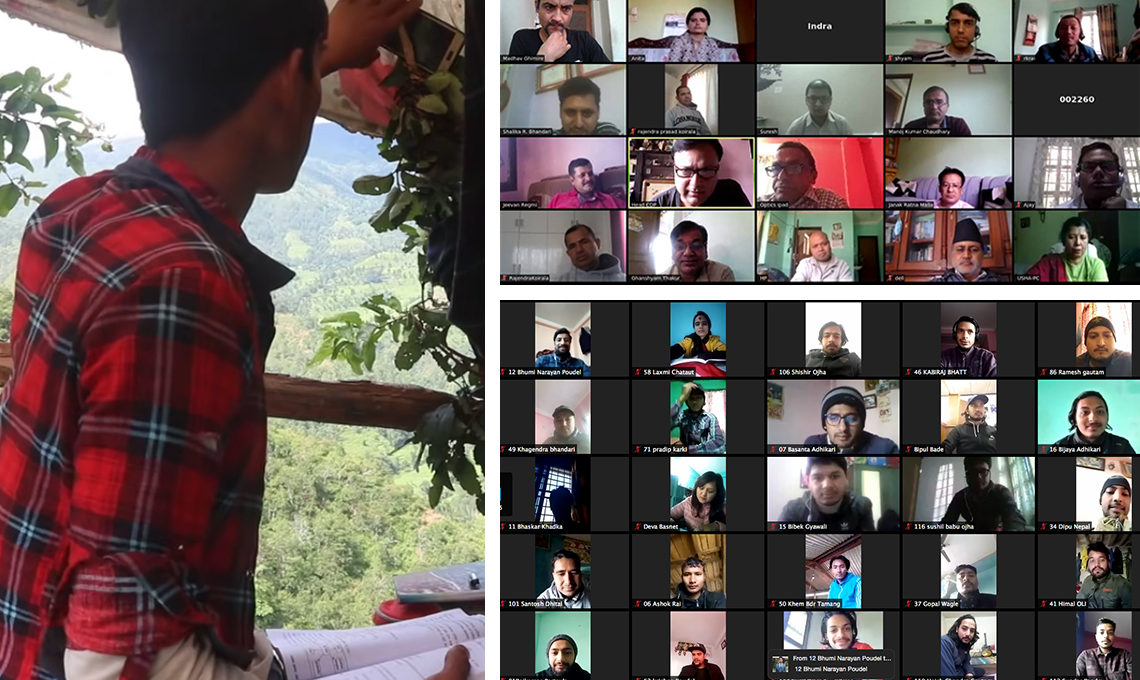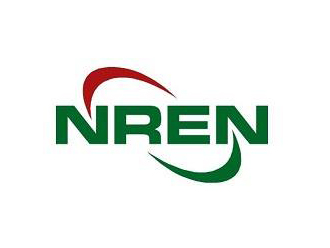
Remote education relieves second wave of COVID in Nepal
Dr. Rajan Parajuli, Executive Director of NREN, the national research and education network of Nepal, says the networks’ participation in an international collaboration to promote distance learning was a very timely project. Initiated a few years earlier, the project was running as the COVID-19 pandemic hit Nepal by early 2020.
“The pandemic certainly did speed things up,” Dr. Rajan Parajuli notes.
By 2018, NREN and emerging national networks from a handful of other countries accepted an invitation from the regional research and education network of the European Nordics, NORDUnet. They formed a joint project “Facilitating Distance Learning using Digital Conferencing Facility”.
As part of the project, NORDUnet provided NREN with Zoom licenses. The licenses allowed faculty members at the NREN member institutions and other public academic institutes including government schools to operate online classes.
“These online classes proved instrumental for maintaining education at the Nepalese universities and colleges,” says Dr. Parajuli.
Awareness on the value of a national network
The Zoom licenses also played a major role for the students, he adds:
“The students were worried about their education after the nationwide lockdown. But the Zoom access provided by NREN allowed them to connect with their teacher. Further, they soon realised that they would also be able to see their fellow students virtually – even without much preparation.”
Further, the initiative has raised awareness in Nepal around the scope of a national research and education network.
“NREN is currently capitalising the scope created by the pandemic, particularly towards the need of a high bandwidth research and education network across the country,” says Rajan Parajuli.
Initially, the e-learning traffic was hosted by NORDUnet but later a local solution came in place. Roughly half of the traffic is hosted on premise, while the other half is hosted by the national research and education of Bangladesh, BdREN, a partner in the international project.
Access to benefit from collective investments
The local solution fits in nicely with the thinking behind the international project, comments NORDUnet CEO René Buch:
“Whenever a country establishes an NREN, it does not only improve connectivity within its own research and education community. You will also get access to benefit from the collective investments which a wide range of other countries have made in their networks.”
René Buch underlines, that NORDUnet does not see the project as a form of aid:
“Our initial help was just to get things going and obtain proof of concept. We were confident, that once the national research and education community saw the benefits in practice, the demand for online learning would come in place.”
Still, emerging networks do have some challenges that differ from those of more mature research and education networks, according to René Buch:
“In countries where connections have very limited capacity – or where the price of connectivity is very high – it is not feasible to establish cloud-based solutions for something like remote education. The entire technical setup needs to be different from what we would do in, say, Northern Europe. However, the rewards are huge, once you manage to overcome these challenges. For many young people especially in remote parts of a country like Nepal, having access to online education could be life-altering.”
A hybrid mode for education
Even after the termination of COVID-19 lockdowns, distance learning will remain in demand in Nepal, according to Dr. Rajan Parajuli of NREN:
“Right now, we are seeing the second wave of COVID-19 in Nepal. Between the first and the second wave we had a reopening of society for a few months. Here, we did see some reduction in demand for distance learning, as students were able to attend physical classes again. However, both physical and digital classes took place during that period. I believe this pattern will continue in the future. We will see a hybrid mode for education.”
The international distance learning project was formally terminated by late summer 2021. However, the collaboration between the partners continues, and NORDUnet has prolonged the licenses and continues its assistance to the emerging NRENs.
For more information please contact our contributor(s):


